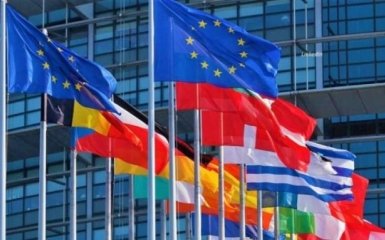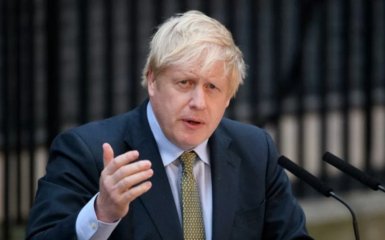Representatives of the European Union are considering ways to circumvent Hungary's veto on financing aid to Ukraine in the amount of more than 6 billion euros and have already found one way.
Points of attention
- The EU is exploring ways to bypass Hungary's veto on financing aid to Ukraine, with plans to allow member states to make voluntary contributions to the European Peace Fund.
- Hungary's veto is driven by concerns over discrimination against Hungarian companies and demands for Russian oil transit through Ukraine, sparking discussions among EU diplomats on possible solutions.
- The proposed plan aims to provide Ukraine with 50 billion euros in aid, including funding from the Group of Seven and EU budget programs, potentially changing the current financing model.
- By allowing voluntary contributions and seeking a political agreement among EU ambassadors, the EU aims to overcome Hungary's opposition and ensure aid reaches Ukraine for its support and defense.
- The shift in funding mechanisms and diplomatic efforts highlights the complexities of managing EU consensus on critical issues like providing aid to Ukraine amidst geopolitical tensions and disagreements within the bloc.
The EU will be able to bypass Hungary's veto on aid to Ukraine
According to Bloomberg interlocutors, the diplomatic unit of the EU — the European External Action Service — is considering the possibility of allowing EU member states to make voluntary contributions to the European Peace Fund.
In the future, this would allow funds to be directed to aid only by the decision of individual countries, without the unanimous support of all EU countries.
EU ambassadors will meet on October 8 to discuss the details of the plan, the sources said. However, it is currently unclear how much support he will receive, as many of the bloc's key decisions require unanimity.
Hungarian Prime Minister Viktor Orbán increasingly opposes the EU's efforts to provide aid to Ukraine. Budapest's intransigence over funding Ukraine has already sparked discussions among diplomats about how to circumvent the veto.
Since Russia's full-scale invasion of Ukraine, the European Peace Fund has approved seven aid packages totaling €3.5 billion, as well as €2 billion for ammunition supplies.
In June, Hungarian Foreign Minister Peter Szijjarto said that his country would block 6.5 billion euros from the European Peace Fund for Ukraine until "discrimination against Hungarian commercial companies stops" in Ukraine. Budapest also demands that Kyiv allow Russian Lukoil to transit oil through the Druzhba pipeline to Hungary.
The European Union wants to change the model of financing aid to Ukraine
According to journalists, already on October 9, the ambassadors of the European Union intend to reach a political agreement on the terms of providing aid to Ukraine for 50 billion euros using the proceeds from frozen Russian assets.
What is important to understand is that we are talking about a loan from the Group of Seven, within which official Brussels plans to provide up to 35 billion euros.
The draft decision provides that a significant part of the funds will go to programs financed from the EU budget, and only 5% will go to the European Peace Fund, from which the European Union will compensate member countries for the cost of military aid given to Ukraine. A majority will be enough for a decision, so Hungary will not be able to preserve it.








